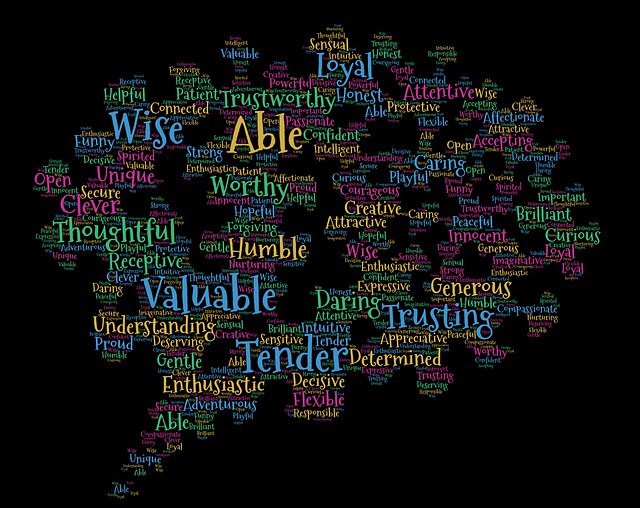Tara Brach in a video presentation on Basic Trust highlights the importance of trust and a sense of belonging in our lives. She stresses the role of trust in shaping our view of ourselves, the quality of our relationships and our perception of the world around us. Tara contrasts this positive sense with the distrust and sense of separation that can pervade our view of ourselves, others we encounter and the world at large.
The sense of separation versus the sense of belonging
Tara suggests that our sense of separation is part of our evolutionary condition – we develop a sense of our separate self very early on. However, our culture and our parental influences can potentially drive a wedge between ourselves and our sense of belonging. If in our early stage of development, our needs are not recognised or met, we begin to sense that we are “not good enough” – we begin to feel separation and distrust. Our culture stresses the importance of “making it” – whether in terms of economic status, job role, relationship status or intelligence levels. If we have not made it in terms of cultural expectations, then we feel we are not a genuine part of our group or community.
If we are different at school – failing to fall into the narrow band of children gifted with left-brain intelligence – we can feel less than others, even though we may excel at other forms of intelligence, such as spatial intelligene or musical intelligence. If our personality is different from the dominant personality type in our work organisation, we can feel less than others or even a “misfit”.
There are many ways we can receive messages about our separateness or not being good enough to belong. Many religions reinforce our “sinfulness” or unworthiness, highlighting what is deficient in us rather than what is good and kind in our nature. As we feel a sense of separateness, we tend to build up our defences to protect our fragile ego and this can lead to a tendency to only see the defects in others, to become blinded to what is good in them.
A sense of belonging builds trust
Much of what we hear about ourselves and reinforce in our own narratives, is that we do not belong. However, if we can develop a sense of our own goodness and that of others we can learn to trust ourselves and those around us and be less ego-driven and self-protective. Tara suggests a brief meditation to highlight our sense of belonging that involves several core questions:
- To what extent do we belong to our bodies (accepting them as they are)?
- How much are we in touch with our own heart and kind feelings?
- How strong is our feeling of belonging in our significant relationship?
- Do we experience a sense of belonging in our family?
- How much are we connected to the people around us, in our work or our community?
Developing a sense of trust and belonging
The absence of trust impacts our sense of belonging. However, we can build our sense of trust in ourselves and others by meditating on (1) our inherent goodness and (2) the goodness in others. We can become aware of our inherent goodness by focusing on our appreciation of beauty in nature, in music, or in art; by a sense of gratitude for kindnesses extended to ourselves or others; by experiencing a collective sense of joy when someone overcomes adversity; or by valuing the connection with family or friends.
Our sense of our own goodness can be realised through the experience of positive emotions through music or musical performances. We can perceive our own thoughtfulness when we go out of our way to help someone in need. Our essential goodness is evident when we appreciate when someone else has a achieved mastery of some skill or activity. It is at times like these that we feel “at home” with ourselves and who we are.
Tara provides a brief guided meditation (at the 31.55min. mark) that helps us to feel good about ourselves and identify the goodness in others around us. She strongly suggests that we share our appreciation of others with them directly – we all need reinforcement of our essential goodness to build our trust and sense of belonging.
As we grow in mindfulness through meditation on the inherent goodness of ourselves and others, we experience a freedom from the binds of negative self-evaluation and become more open to acts of kindness and creative use of our core skills and knowledge in the service of others. Meditation helps us to “lift the veil” on our goodness and to see ourselves as we really are in our essence.
____________________________________________
By Ron Passfield – Copyright (Creative Commons license, Attribution–Non Commercial–No Derivatives)
Image source: courtesy of johnhain on Pixabay
Disclosure: If you purchase a product through this site, I may earn a commission which will help to pay for the site, the associated Meetup group and the resources to support the blog.

2 thoughts on “Developing Trust and Your Sense of Belonging”